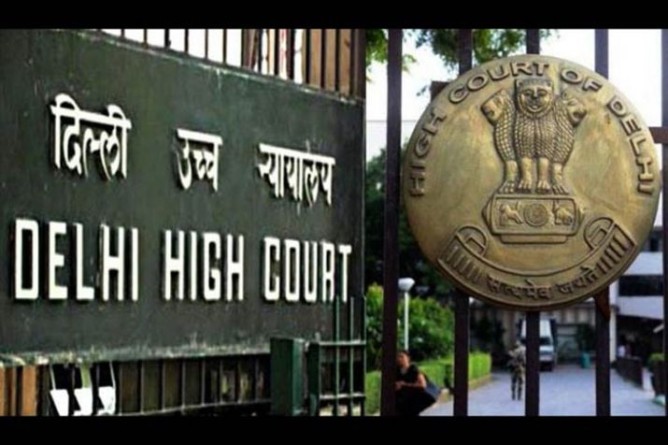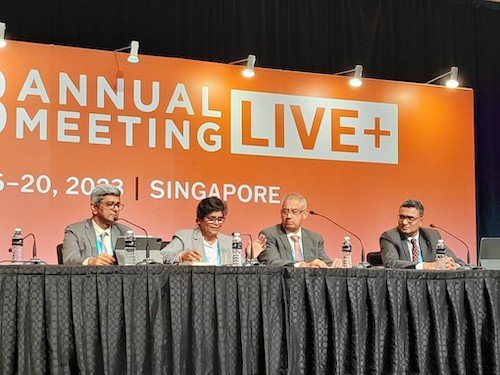Consumer is third party missing in trademark court proceedings, says Delhi High Court judge
13 June 2023

According to Justice Prathiba M. Singh of the Delhi High Court in India, another party is missing in court proceedings for trademark litigation. That missing party is the consumer.
Singh made this statement in one of the sessions held during the 2023 INTA Annual Meeting from May 16 to 20, 2023, at the Sands Expo and Convention Centre in Singapore. The session was titled “Delhi High Court Intellectual Property Division – The Journey and the Way Forward,” which Singh moderated.

Justice Prathiba Singh shares why consumer interest is vital and how the HC deals with it
Noting that trademark law primarily revolves around the trademark owner as the plaintiff and the alleged infringer as the defendant, Singh said the interest of consumers should also be considered. She emphasized the importance of recognizing the vital role of consumer interests, even if they “may not actively participate in the courtroom proceedings.”
“Consumers hold a significant position in trademark law as trademarks aim to protect them from confusion and deception in commercial transactions. Recent disputes show that due to the use of illegal domain names – consisting of well-known marks, innocent consumers – are duped with substantial sums of money,” she said. “In the area of food products, medicines and automobile parts, counterfeiting has a consumer interest angle. This is particularly relevant in the context of public health, especially when it comes to medicines.”
The protection of public interest in IP enforcement is one of the issues that the Delhi High Court IPD, established after the abolition of the Intellectual Property Appellate Board, has to face.
Asked how the High Court deals with it, Singh answered: “The issuance of the Delhi High Court Intellectual Property Rights Division Rules (the IPD Rules), 2022 and the High Court of Delhi Rules Governing Patent Suits, 2022 by the Delhi High Court signifies a proactive approach towards addressing concerns pertaining to the protection of public interest in the realm of IP enforcement.”
To cite an example, the IPD Rules include a provision embodied in Rule 25, which allows third parties – individuals or organizations with a legitimate interest in the case – to participate in the proceedings. This will help ensure that the perspectives and interests of the public are taken into account.
Another provision, in Rule 26, consolidates multiple proceedings related to the same or similar IP rights subject matter.
“This ensures that disputes are resolved in a streamlined manner, avoiding duplicative processes and potentially conflicting outcomes. By avoiding unnecessary delays and reducing litigation burdens, the public’s interest in the timely and fair resolution of IP matters is protected,” explained Singh.
The above are just two of the provisions in the IPD Rules that deal with public interest protection in IP enforcement.
- Espie Angelica A. de Leon






